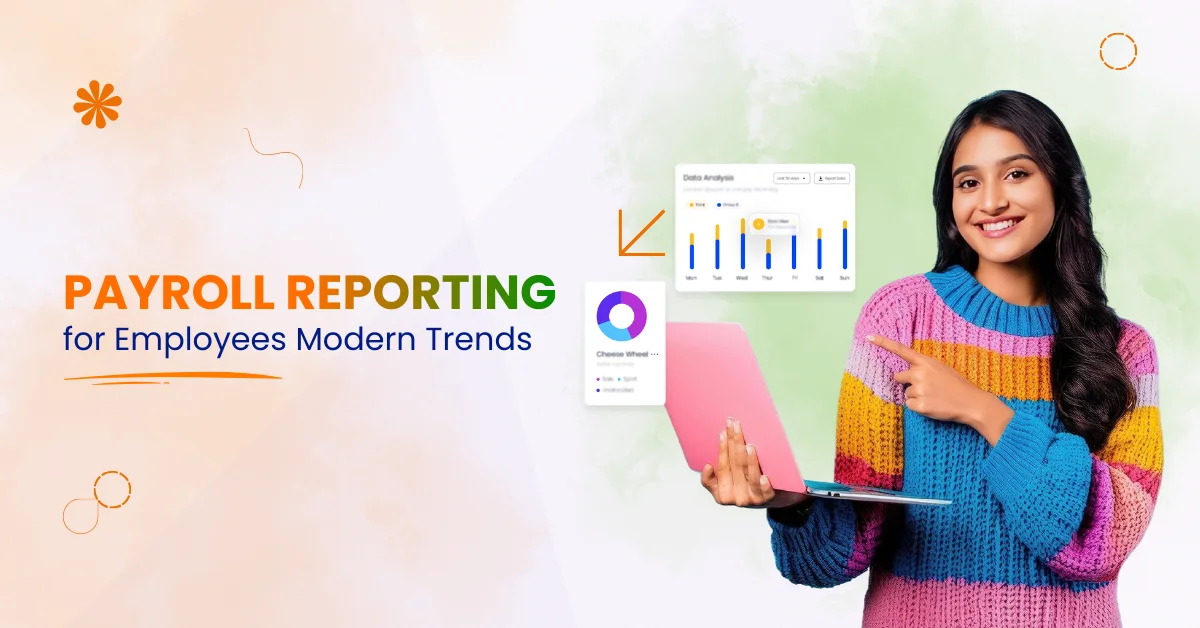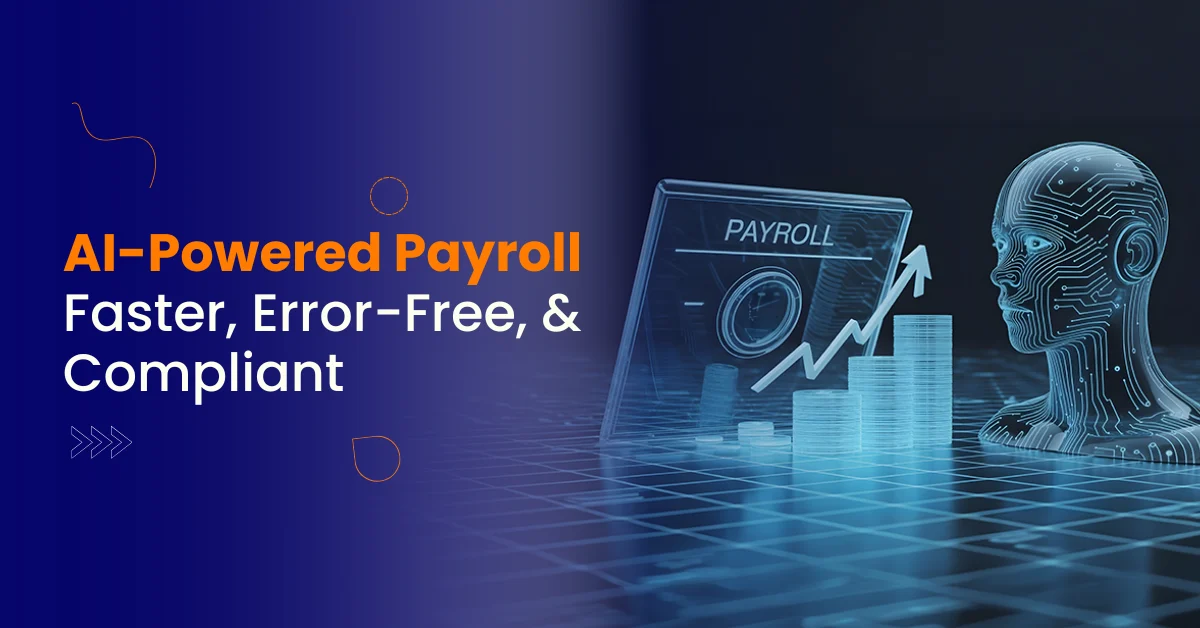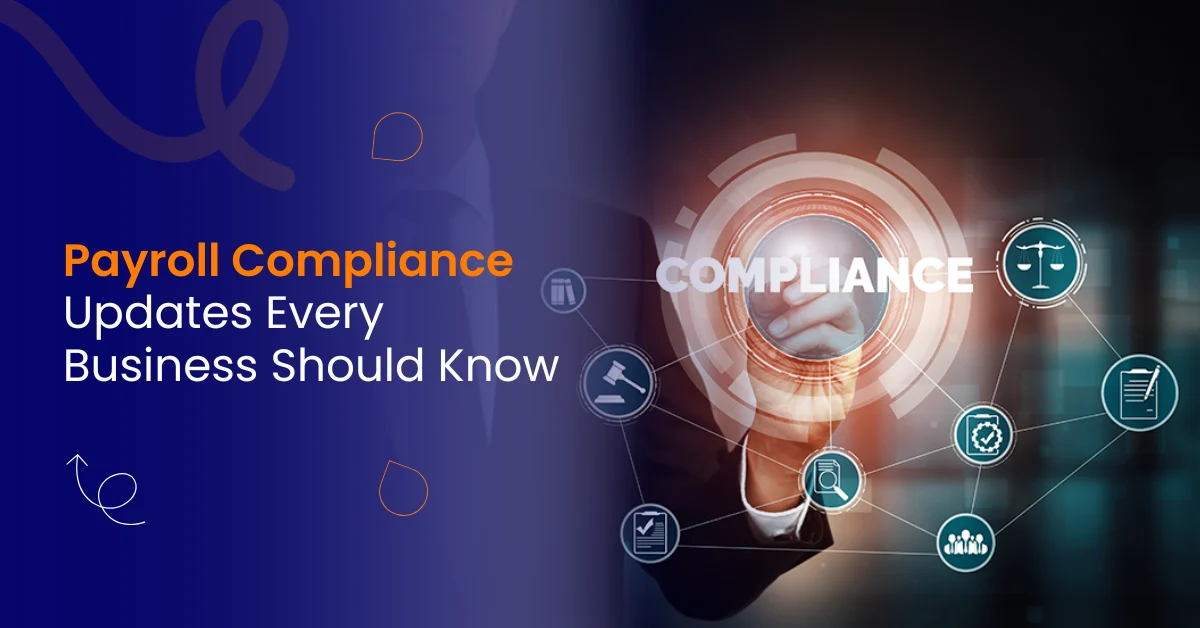Introduction to Payroll Compliance
- Payroll compliance refers to the process of ensuring that an organization’s payroll processes adhere to all relevant laws and regulations, including payroll taxes, labor laws, and tax regulations.
- A compliance checklist is essential for maintaining proper records and ensuring timely payment of employee salaries.
- Payroll compliance is crucial for avoiding penalties and ensuring employee satisfaction. Failure to adhere to laws and regulations can lead to non-compliance and cause unnecessary hassle, heavy fines, and brand damage.
Looking to simplify your payroll compliance? Discover how Bharat Payroll’s AI-enabled solutions can streamline your payroll processes effortlessly. Book a free demo today!
Pre-Payroll Requirements
1. Employee Classification
- Correctly classify employees as independent contractors or full-time employees to ensure compliance with labor laws and tax regulations.
- Understand the differences between independent contractors and employees to avoid misclassification.
- Maintain accurate employee data to ensure compliance with payroll laws and regulations. The minimum wage varies in India based on location, industry, and skill level, making accurate classification and data maintenance even more critical.
- Employee benefits are an important part of the overall compensation package and represent an important payroll compliance aspect.
Ensure your employee classification is always accurate with Bharat Payroll’s automated classification tools. Get started now!
2. Registration with Local Authorities
- Register with local authorities, such as the Income Tax Department, to obtain necessary identification numbers and comply with tax regulations.
- Ensure compliance with federal and state laws, including the Federal Unemployment Tax Act and state unemployment tax laws.
- Maintain proper records of employee wages, payroll tax withholdings, and tax filings. Employers are required to file the Employer’s Quarterly Federal Tax Return to report income taxes and Social Security tax withheld from employee paychecks.
Simplify registrations and stay compliant with Bharat Payroll’s integrated government agency interfaces. Schedule a demo!
Payroll Processing
1. Payroll Schedule
- Establish a payroll schedule that complies with labor laws and regulations, including the Fair Labor Standards Act and the Minimum Wages Act.
- Ensure timely payment of employee salaries, including overtime pay and bonus payments.
- Use payroll software to streamline payroll processes and maintain accurate records. Using a payroll calendar can help prevent missing important payroll and tax deadlines.
- Automated payroll software can track employee hours and calculate wages accurately to ensure compliance.
2. Payroll Software
- Utilize payroll software that is compliant with tax regulations and labor laws, including the Income Tax Act and the Employees’ State Insurance Act.
- Ensure that payroll software is updated regularly to reflect changes in tax laws and regulations.
- Use payroll software to generate payroll tax returns, including Form 24Q and Form 26Q. Payroll software can provide pre-formatted compliance reports required for legal submissions and audits.
Experience seamless compliance with Bharat Payroll’s AI-powered payroll software.
Compliance Requirements
1. Payroll Tax Compliance
- Ensure compliance with payroll tax laws, including the payment of federal income tax, state income tax, and local taxes.
- Withhold and deposit payroll taxes, including FICA taxes, in a timely manner.
- Maintain accurate records of payroll tax withholdings and tax filings. Tax Deduction at Source (TDS) compliance includes deducting TDS based on employee salary slabs and providing employees with Form 16 annually.
- Managing payroll taxes is one of the most regulated and high-risk aspects of payroll compliance.
2. Labor Laws
- Comply with labor laws, including the Minimum Wages Act, the Equal Remuneration Act, and the Fair Labor Standards Act.
- Ensure that employee wages meet minimum wage requirements and that overtime pay is calculated correctly.
- Maintain proper records of employee hours worked, including overtime hours. Employees’ State Insurance (ESI) compliance mandates timely contributions for eligible employees based on the wage ceiling.
Simplify labor law compliance and reduce errors with Bharat Payroll’s intelligent tracking systems. Explore solutions!
Employee Rights
1. Equal Pay
- Ensure compliance with the Equal Pay Act, including equal pay for equal work.
- Maintain accurate records of employee wages and job classifications.
- Conduct regular audits to ensure pay equity. The Payment of Bonus Act, 1965 requires identifying and paying eligible employees according to salary and tenure criteria.
Promote pay equity effortlessly with Bharat Payroll’s transparent payroll reporting tools. Get a demo!
2. Wage Garnishments
- Comply with wage garnishment laws, including the Fair Labor Standards Act.
- Ensure that wage garnishments are processed correctly and in a timely manner.
- Maintain accurate records of wage garnishments and employee wages. Employee Provident Fund (EPF) compliance requires ensuring timely and accurate contributions to employee EPF accounts.
- Employers must ensure compliance with statutory contributions like TDS, EPF, and ESI.
Compliance Checklist
- Use a compliance checklist to ensure that all payroll processes are compliant with relevant laws and regulations.
- Review and update the checklist regularly to reflect changes in tax laws and regulations.
- Ensure that all employees are aware of their rights and responsibilities under labor laws and tax regulations.
Keep your payroll compliance checklist updated and error-free with Bharat Payroll’s smart management tools. Book a free consultation!
Payroll Best Practices
Payroll Processing Best Practices
- Establish a payroll schedule that ensures timely payment of employee salaries.
- Use payroll software to streamline payroll processes and maintain accurate records.
- Conduct regular audits to ensure compliance with labor laws and tax regulations.
Staying Informed
Staying Up-to-Date with Labor Laws and Payroll Taxes
- Stay informed about changes in labor laws and payroll taxes, including updates to the Income Tax Act and the Employees’ State Insurance Act.
- Attend seminars and workshops to stay current with changes in tax laws and regulations.
- Subscribe to newsletters and online resources to stay informed about changes in labor laws and payroll taxes. Employers must stay updated on regulations at the federal, state, and local levels while conducting regular audits to avoid errors and fines.
Conclusion
- Payroll compliance is crucial for avoiding penalties and ensuring employee satisfaction.
- A compliance checklist is essential for maintaining proper records and ensuring timely payment of employee salaries.
- Stay informed about changes in labor laws and payroll taxes to ensure compliance with all relevant regulations.
Ready to transform your payroll compliance?
Let Bharat Payroll’s AI-powered platform simplify your HR and payroll processes.
Frequently Asked Questions (FAQs) about Payroll Compliance Checklist
1. What is a payroll compliance checklist?
A payroll compliance checklist is a comprehensive list of tasks and requirements that organizations must follow to ensure their payroll processes adhere to all applicable laws, regulations, and tax obligations. It helps maintain proper records, ensure timely payment, and avoid penalties.
2. Why is payroll compliance important?
Payroll compliance is crucial to avoid legal penalties, fines, and audits. It ensures employees are paid accurately and on time, maintains employee satisfaction, and upholds the organization’s reputation by adhering to labor laws and tax regulations.
3. How often should payroll compliance be reviewed?
Payroll compliance should be reviewed regularly, ideally before each payroll cycle, and updated whenever there are changes in tax laws, labor regulations, or company policies. Regular internal audits help maintain compliance and reduce risks.
4. What are common payroll compliance mistakes to avoid?
Common mistakes include misclassifying employees, miscalculating wages or deductions, missing payroll tax deadlines, failing to distribute required tax forms, and incomplete recordkeeping. Using updated payroll software and following a checklist can help prevent these errors.
5. What role does payroll software play in compliance?
Payroll software automates calculations, tax filings, and payroll reporting, reducing human error and ensuring adherence to the latest tax rates and labor laws. It also helps maintain accurate payroll records and simplifies compliance management.
6. How do labor laws affect payroll compliance?
Labor laws set standards for minimum wages, overtime pay, employee classification, and working hours. Compliance with these laws is essential to ensure fair treatment of employees and to avoid legal consequences.
7. What are employer contributions in payroll compliance?
Employer contributions refer to mandatory payments made by the employer on behalf of employees, such as contributions to the employee provident fund, employees state insurance, and other statutory benefits required by law.
8. How should payroll records be maintained?
Payroll records should be maintained accurately and securely for a minimum period as required by applicable laws. They should include employee data, wages paid, payroll deductions, tax filings, and payroll tax withholdings to support audits and compliance reviews.
- Data protection laws require employers to secure payroll data, which contains sensitive employee information.
9. Who should be responsible for payroll compliance in an organization?
Typically, the HR and payroll departments share responsibility for payroll compliance, with oversight from finance and legal teams. It’s important to assign clear ownership and conduct regular training to manage compliance risks effectively.
10. What should be included in a payroll schedule?
A payroll schedule should specify the pay period (weekly, biweekly, monthly, etc.), pay dates, and deadlines for processing payroll to ensure employees receive timely payment in compliance with labor laws and company policies.
Empower your entire workforce with Bharat Payroll’s comprehensive HR and payroll solutions.






